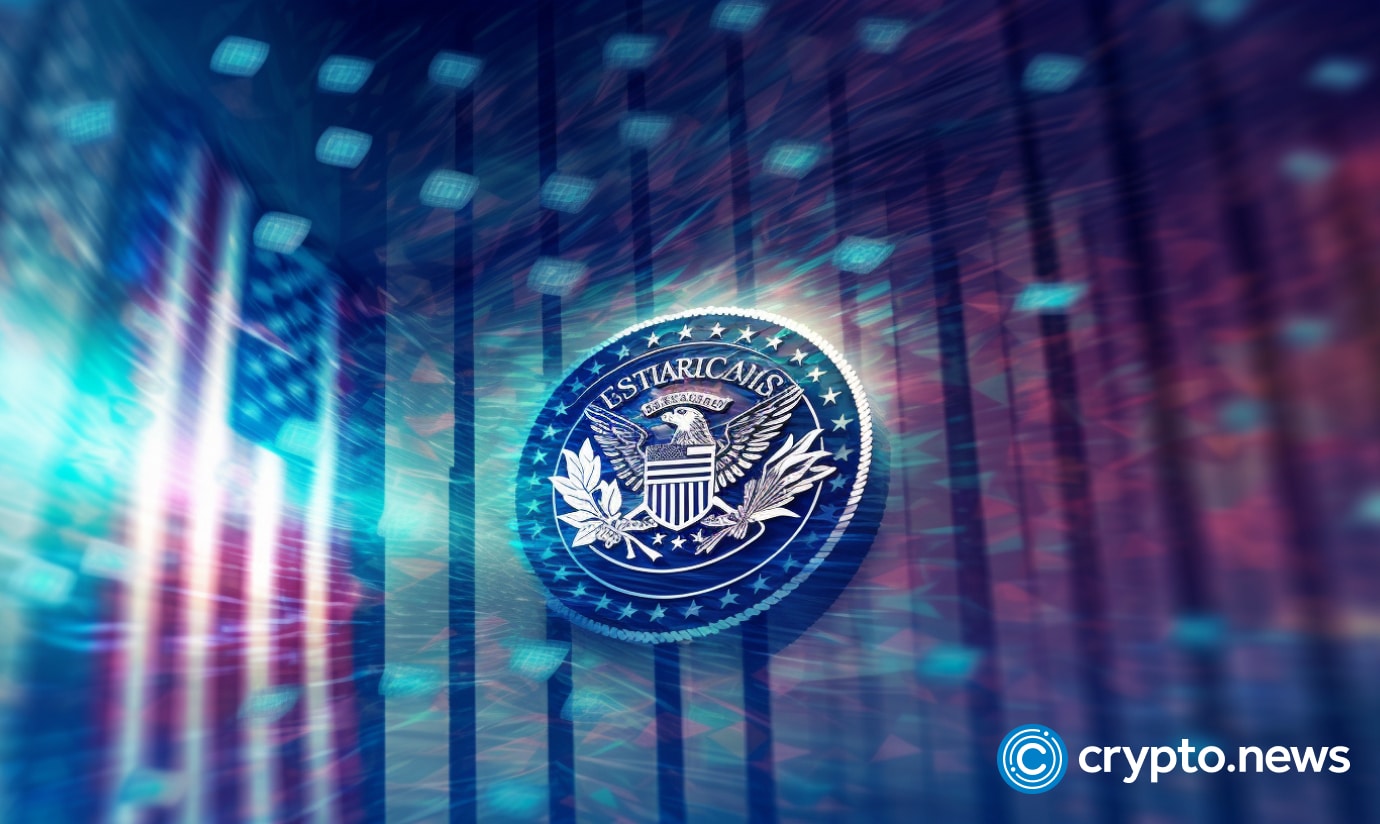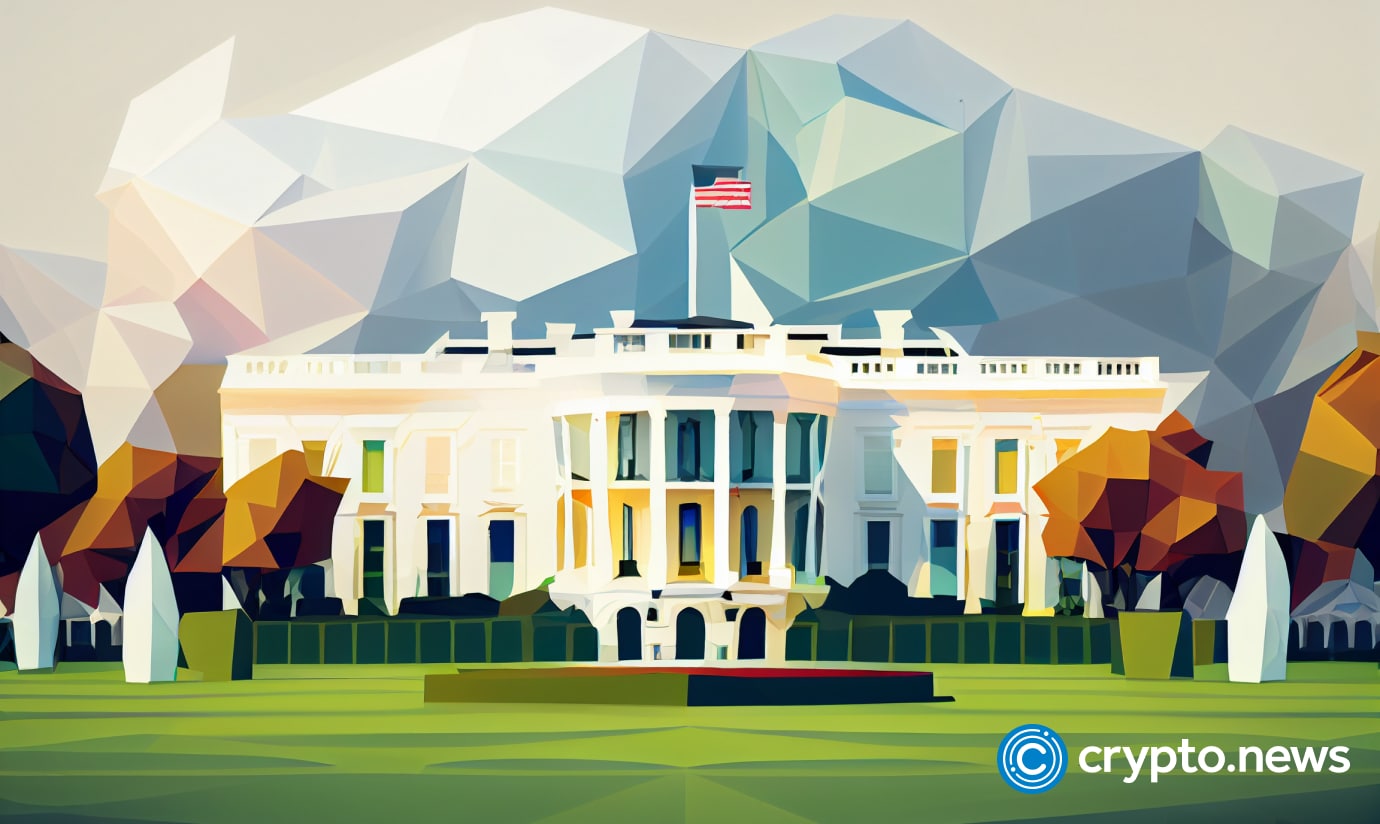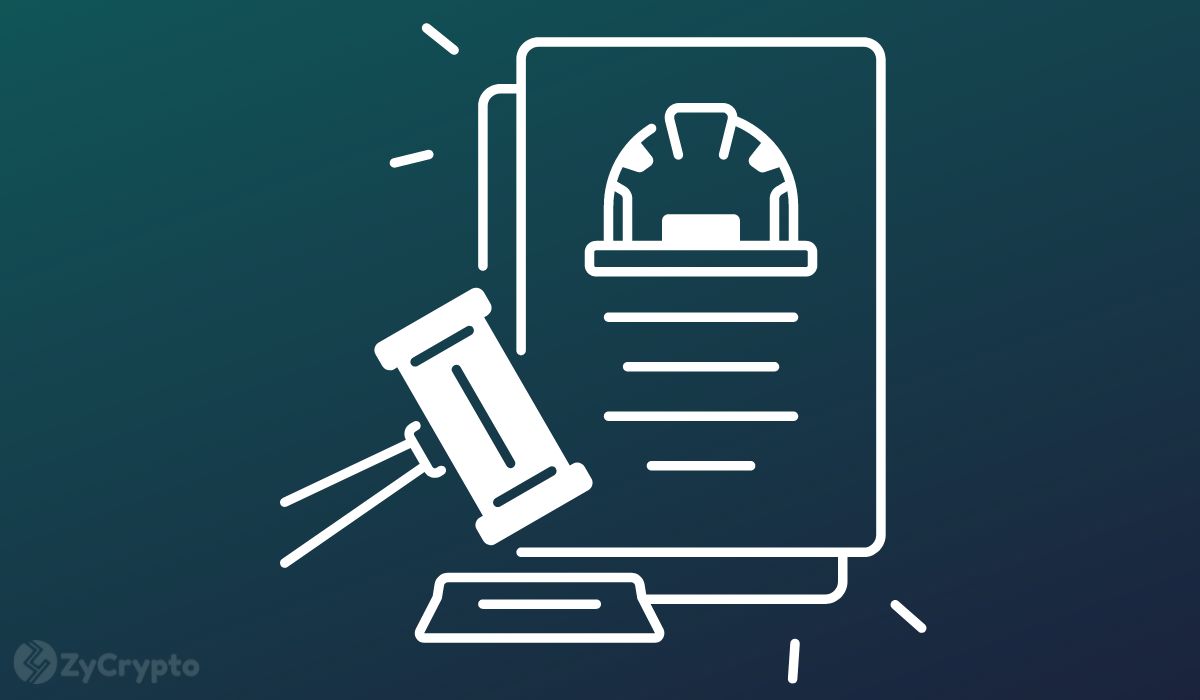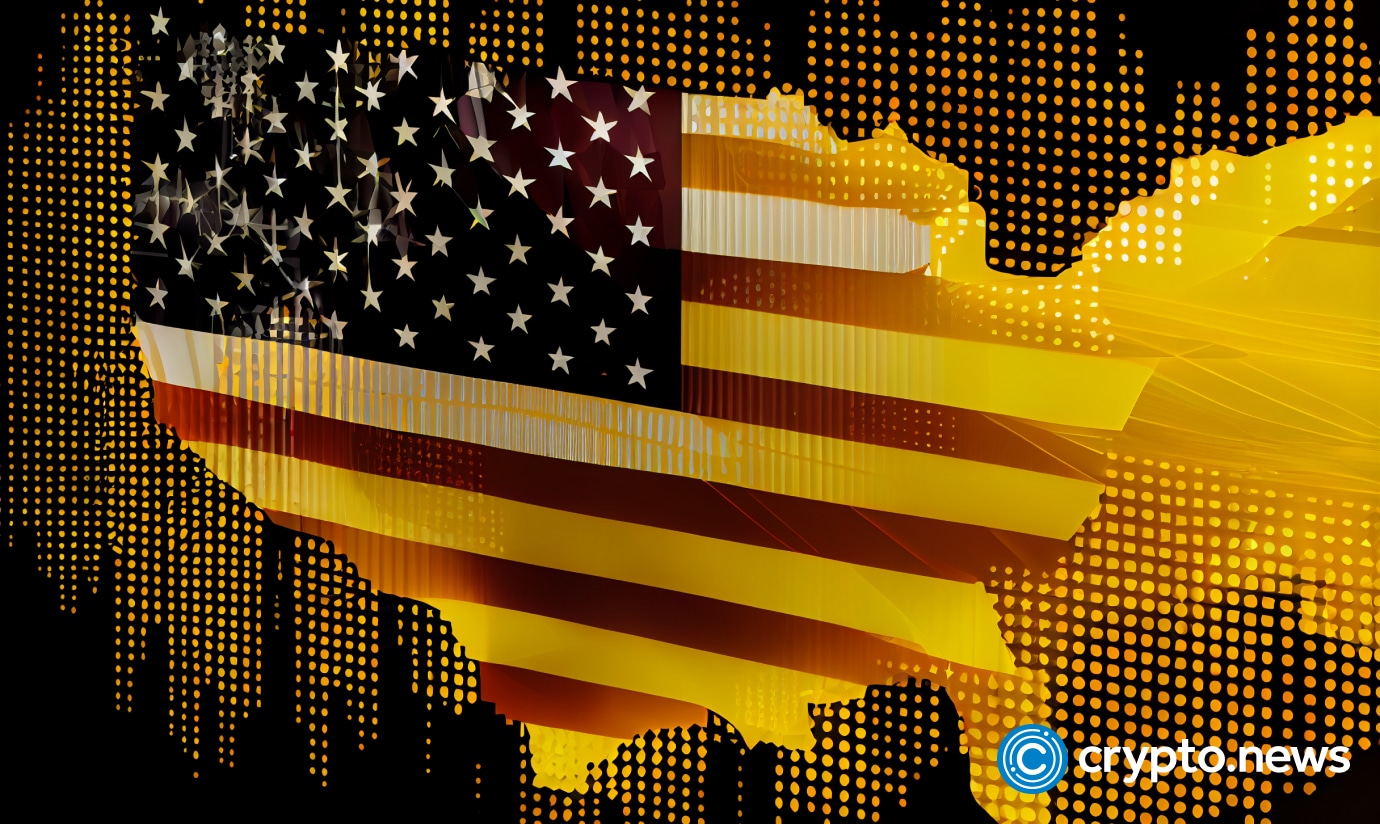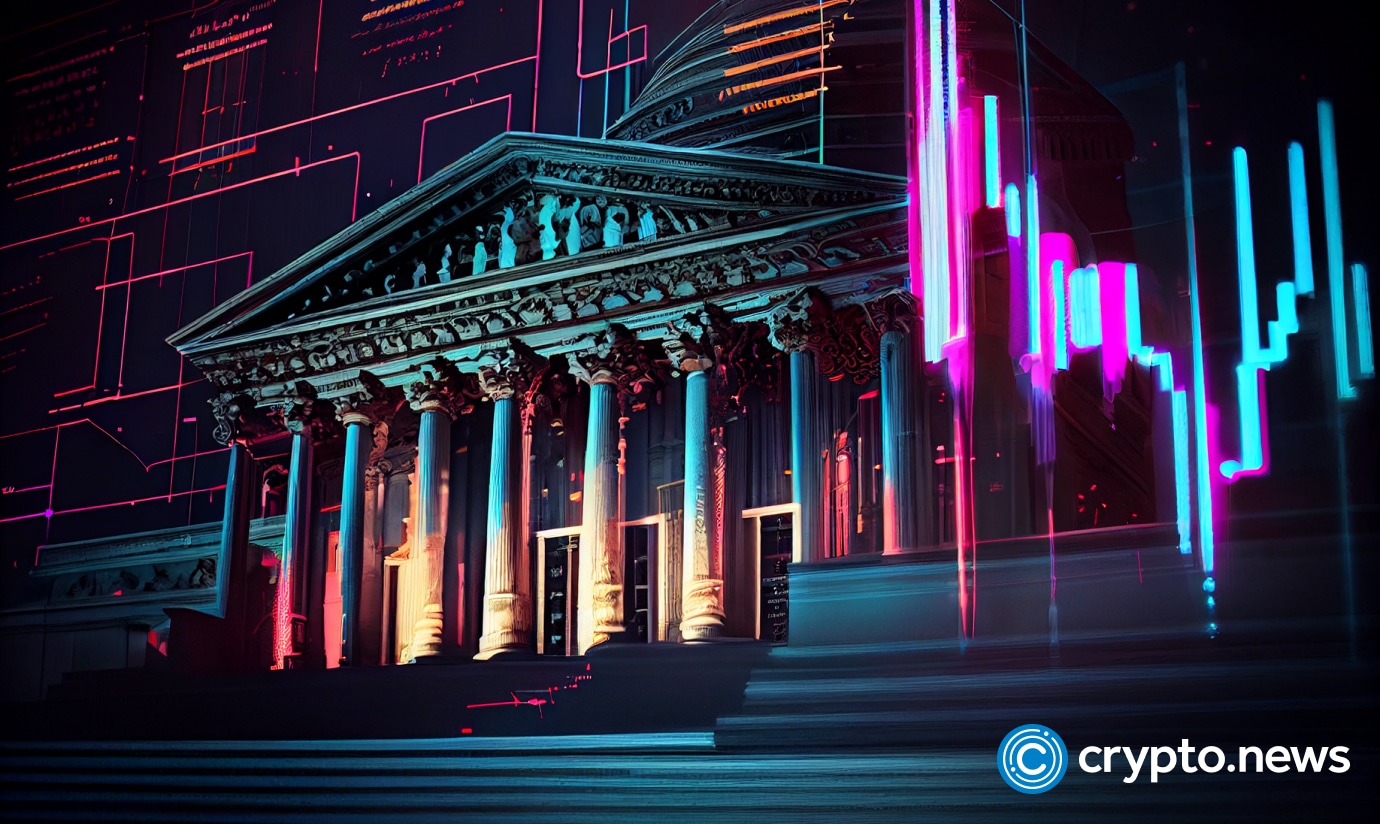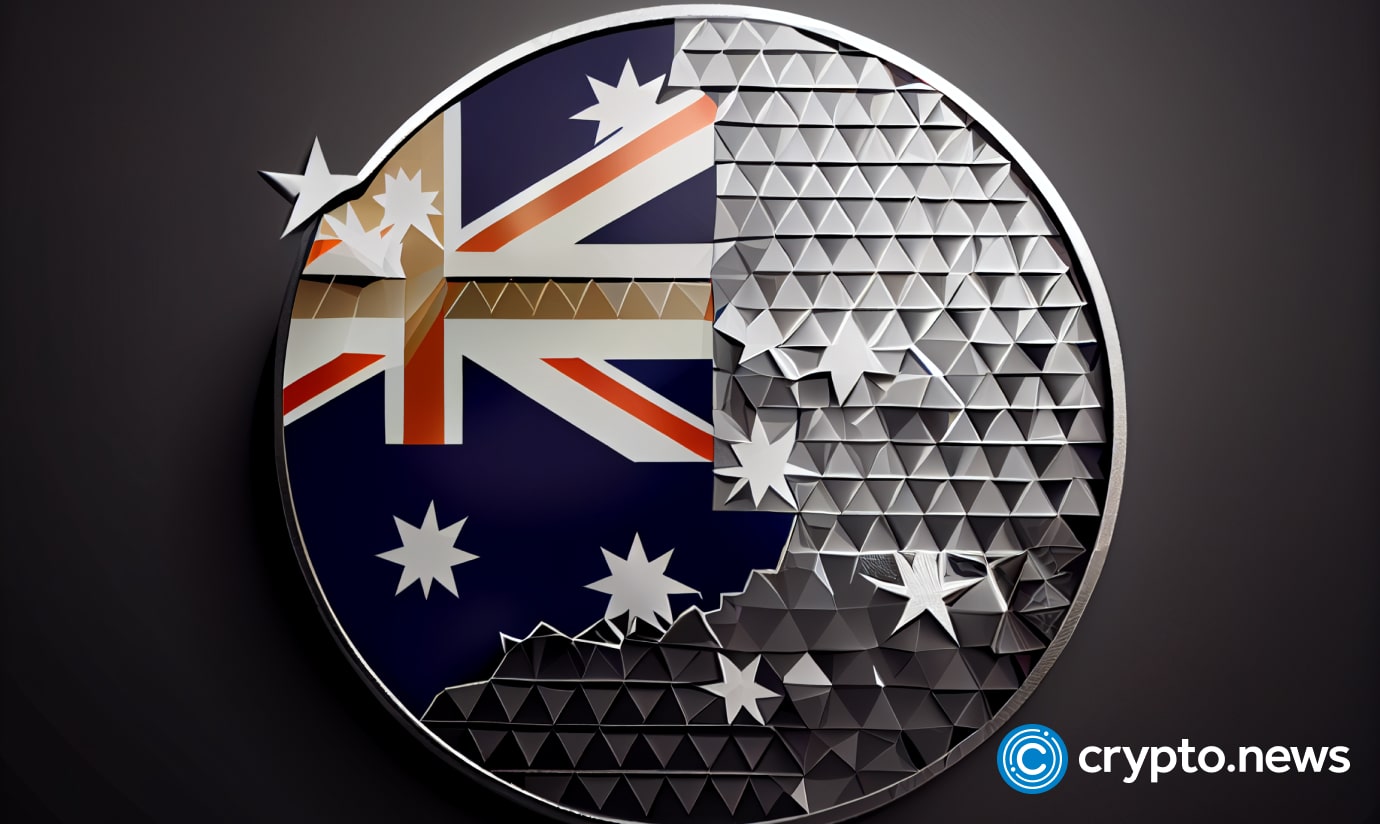2023-6-9 15:40 |
With NFTs gaining popularity as unique digital collectibles and investment opportunities, understanding whether they fall within the regulatory framework of securities is an important consideration. This article delves into the concept of NFTs as securities and provides insights into the Howey Test, a legal framework used to evaluate whether an investment qualifies as a security.
The Howey TestThe Howey Test, named after a landmark U.S. Supreme Court case, is widely used by regulatory authorities, including the Securities and Exchange Commission (SEC), to determine if an investment contract should be classified as a security. The test consists of four criteria:
Investment of Money: This criterion examines whether individuals are investing money, assets, or cryptocurrency with the expectation of receiving a return.
Common Enterprise: A common enterprise refers to an investment where multiple investors pool their resources, and the success of the investment is dependent on the efforts of others.
Expectation of Profits: The expectation of profits is an essential element of the Howey Test. It considers whether investors anticipate financial gains, either through capital appreciation or dividends, as a result of their investment.
Derived from the Efforts of Others: This criterion focuses on the extent to which investors rely on the efforts of a third party, such as a company or promoter, to generate profits from their investment.
If an investment meets all four criteria of the Howey Test, it is considered a security and subject to securities regulations.
Examples of NFTs as SecuritiesCertain types of NFTs exhibit characteristics that align with the definition of securities under the Howey Test. NBA Top Shot, a platform allowing users to buy, sell, and trade digital NBA player cards, is one such example. These digital trading cards, represented as NFTs, can be deemed securities as they possess the elements of an investment contract: an investment of money, a common enterprise, an expectation of profits, and reliance on the efforts of the NBA Top Shot platform.
The Bored Ape Yacht Club is a collection of 10,000 unique NFTs representing ape characters. Although ownership of these NFTs does not explicitly guarantee financial returns, they grant access to exclusive benefits. As a result, the Bored Ape Yacht Club NFTs may exhibit characteristics of investment contracts, potentially falling under the purview of securities regulations.
CryptoKitties, a popular game where users collect, breed, and trade digital cats, is another NFT example that could be classified as a security. The acquisition of CryptoKitties involves an investment of money, an expectation of profits through trading or breeding valuable cats, and a reliance on the underlying platform’s technology and marketplace.
Examples of Non-Security NFTsWhile some NFTs may qualify as securities, numerous categories of NFTs do not meet the criteria set forth by the Howey Test and are considered non-securities. Digital art, for instance, encompasses artwork that exists solely in digital form. While digital art can be bought and sold as an NFT, it is not inherently viewed as a security since it does not involve an investment with an expectation of profits derived from the efforts of others.
Collectibles are another category that typically falls outside the definition of securities. These items are sought after for their uniqueness and historical significance, rather than being viewed as investments with an expectation of financial returns.
Virtual real estate, which refers to land existing within virtual worlds or metaverses, is another example of NFTs that do not typically qualify as securities. While virtual real estate can be bought and sold as NFTs, it is generally not considered a security. The ownership of virtual land in a virtual world does not typically involve an investment of money with an expectation of profits derived from the efforts of others.
The Complexity of NFT ClassificationDetermining whether an NFT should be classified as a security is not always straightforward. Each NFT project and its associated tokens must be evaluated on a case-by-case basis to ascertain if they meet the criteria outlined in the Howey Test. Factors such as the purpose of the NFT, the terms of the sale, the underlying investment structure, and the level of control exerted by the issuer can all impact the classification.
The classification of NFTs as securities can have significant regulatory implications. Securities are subject to various regulations, including registration requirements, disclosure obligations, and anti-fraud provisions. Additionally, platforms facilitating the trading or sale of NFTs deemed securities may be subject to licensing and compliance obligations.
However, it is important to note that regulatory authorities, including the SEC, have not provided comprehensive guidance specifically addressing the classification of NFTs as securities. The evolving nature of NFTs and the broader blockchain ecosystem present unique challenges in applying traditional securities regulations to these digital assets.
Given the potential regulatory implications, market participants, including NFT creators, platforms, and investors, should carefully consider legal considerations and compliance obligations. Engaging legal counsel with expertise in securities laws and emerging blockchain technologies can help navigate the complex regulatory landscape and ensure compliance with applicable regulations.
Investor ProtectionThe classification of NFTs as securities is not solely a matter of regulatory compliance; it also serves the purpose of investor protection. Securities regulations are designed to safeguard investors by promoting transparency, preventing fraudulent activities, and ensuring fair and equitable markets.
As the NFT market continues to expand and evolve, regulatory authorities are likely to scrutinize projects that exhibit characteristics of securities. Market participants should prioritize investor protection by providing clear and accurate information about the NFTs they offer, including any associated risks and potential returns.
ConclusionThe classification of NFTs as securities is a complex and evolving matter. While some NFTs may meet the criteria outlined in the Howey Test and be considered securities, many others do not. The determination depends on various factors, including the purpose of the NFT, the terms of the sale, and the underlying investment structure.
Therefore, it’s important to understand the regulatory implications and compliance obligations associated with NFTs as securities. As the regulatory landscape continues to develop, staying informed is essential to navigate this rapidly evolving market and ensure compliance with applicable regulations.
a Are all NFTs securities?No, not all NFTs are securities. NFTs that are purely digital art, collectibles, or virtual assets without investment-like features or reliance on others’ efforts may not be classified as securities.
a Can NFTs be considered securities?Certain types of NFTs could be considered securities if they meet the criteria outlined in the Howey Test, such as NFTs tied to investment-like opportunities or projects where profits are derived from the efforts of others.
a How is the Howey Test used to determine if an investment is a security?The Howey Test is a legal framework used to assess whether an investment contract qualifies as a security. It considers factors such as investment of money, common enterprise, expectation of profits, and reliance on others’ efforts.
a How is the regulatory landscape for NFT securities evolving?The regulatory landscape for NFT securities is still developing, with authorities like the SEC closely monitoring the space. Market participants should stay informed about regulatory updates and changes.
a What are the regulatory implications of NFTs as securities?NFTs classified as securities are subject to various regulations, including disclosure requirements, anti-fraud rules, and potential registration with regulatory authorities.
a What is a security?A security is an investment contract that provides ownership or equity interest in a company or entity. Securities are subject to regulations enforced by the Securities and Exchange Commission (SEC).
a What should individuals do to navigate the NFT market and comply with regulations?To navigate the NFT market and ensure compliance with regulations, individuals should stay informed about legal developments, seek legal counsel when necessary, conduct due diligence, and adhere to applicable securities laws.
a What should market participants know about compliance obligations for NFT securities?Market participants involved in NFT securities should understand and comply with applicable securities laws and regulations, seek legal guidance, ensure proper disclosures, and be aware of potential licensing requirements.
a Which NFTs could be classified as securities?Examples of NFTs that could potentially be classified as securities include NBA Top Shot trading cards, CryptoKitties, and memberships in exclusive NFT communities like the Bored Ape Yacht Club.
The post Are NFTs Securities: Understanding the Regulatory Landscape appeared first on NFT News Today. origin »Bitcoin price in Telegram @btc_price_every_hour
NFT (NFT) на Currencies.ru
|
|

